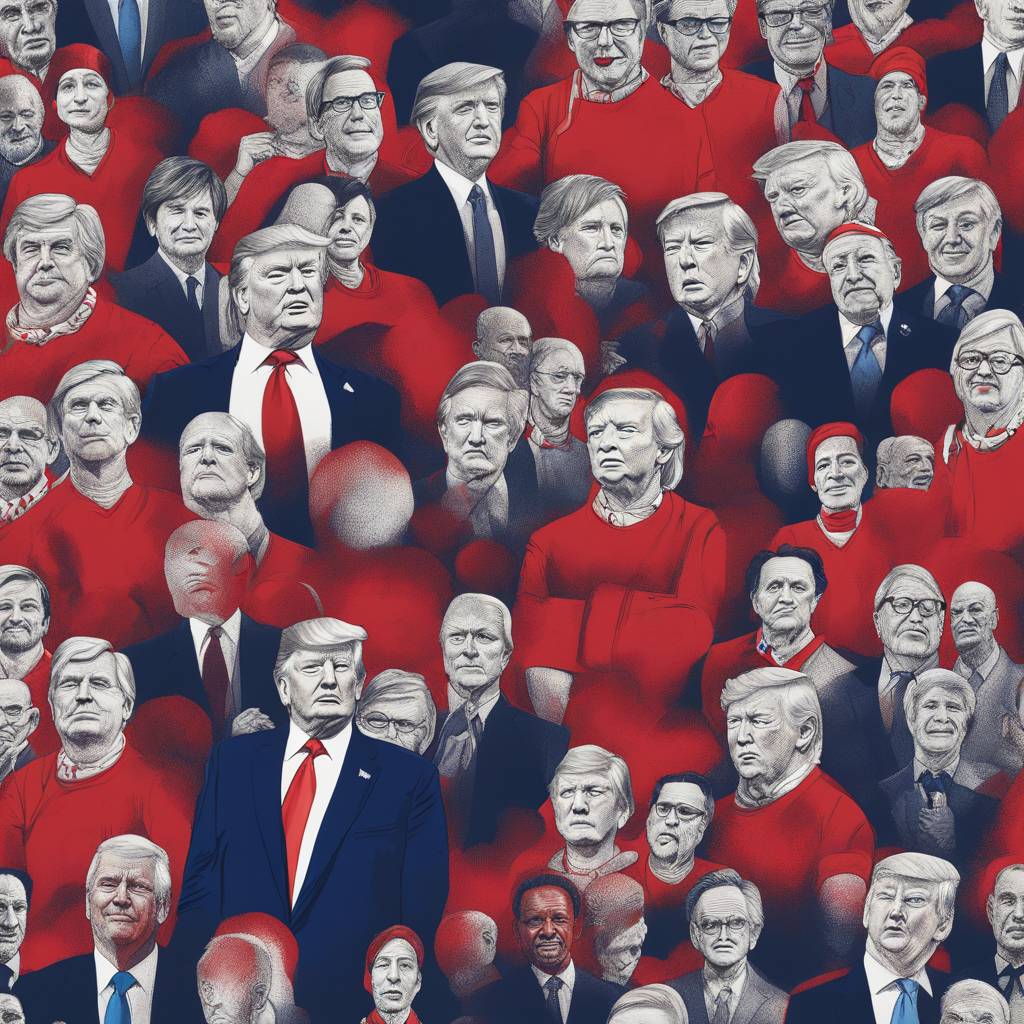An internal memo within the Democratic Party expressing concern over the potential impact of nonpartisan voter registration efforts benefiting former President Trump has sparked criticism. The memo suggests that registering nonvoters could aid Trump in his quest for power, casting doubt on the longstanding Democrat voter registration efforts that have traditionally yielded positive results. Democrats are becoming increasingly worried about the support Trump is garnering from typically reliable demographics, leading to internal disagreements over the party’s strategy for registering voters.
Some political analysts are asserting that supposedly nonpartisan voter registration efforts are actually partisan operations designed to benefit Democrats. This revelation has raised questions about other initiatives, such as President Biden’s executive order using taxpayer funds to mobilize liberal voters. The memo warning against funding voter registration nonprofits due to unregistered voters leaning towards Trump has been characterized as a “partisan scam,” leading to concerns that such efforts are not as objective as portrayed. Recent polling data also indicates that key demographics historically supporting Democrats are now shifting their support towards Republicans.
Gallup polling data from this year has shown that Democrats have lost ground with Black and Hispanic voters, as well as young adults, compared to their historical support levels. The low support among these traditionally Democratic demographics is causing alarm within the party. In 2016, non-registered voters were predominantly Democrat-leaning, but recent polling has shown a decrease in Democratic leanings among this group. The increasing support for Republicans among non-registered voters is raising concerns among Democrats about their outreach and registration efforts.
While some Democrats believe that registration efforts should be re-tooled to address Trump’s strong polling numbers, others argue that it is important to focus on closing the turnout gap among underrepresented communities. The memo suggesting a shift in focus to specific, heavily pro-Biden populations has faced pushback from those who believe that such strategies are divisive and could weaken voter turnout overall. The implicit bias in the memo has been criticized for pitting communities against each other, rather than working towards increasing voter registration among all demographics.
There is a debate within the Democratic Party about the best approach to voter registration efforts in the face of changing demographics and shifting support among traditionally reliable voter groups. Some believe that a targeted strategy focused on pro-Biden populations is necessary to counter Trump’s growing support, while others argue that a nonpartisan approach that increases registration rates among all underrepresented communities is essential. The memo has revealed divisions within the party over how best to address the changing political landscape and ensure continued support from key demographics.













